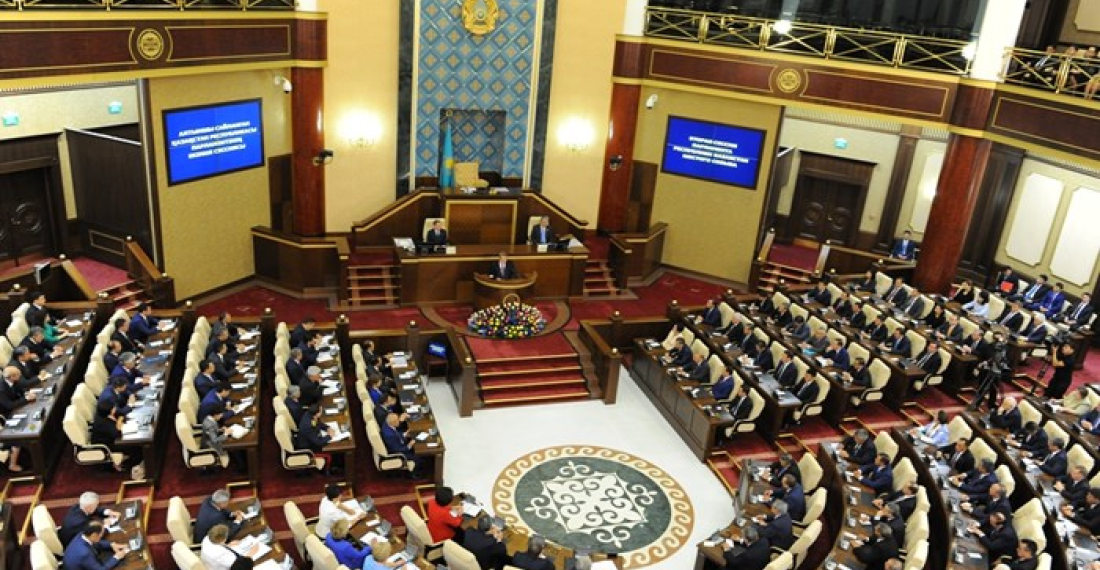Kazakhstan went to the polls yesterday on Sunday (19 March) in a snap parliamentary election. Exit polls have suggested victory for the ruling Amanat party, who are projected to have won around 53% of the vote.
According to three polls conducted by different organisations in Kazakhstan, the second largest party is expected to be the Auyl People's Democratic Patriotic Party, who are projected to have taken around 10% of the vote.
The four other parties who are projected to pass the 5% threshold to take seat in the Kazakh parliament, known as the Mazhilis, but to get less than 10%, are the Respublika Party, the Aq Jol Democratic Party, the People's Party, and the National Social Democratic Party.
The preliminary official results are expected to be announced by Kazakhstan's Central Electoral Commission later on 20 March.
Kazakh citizens living abroad also voted. According to the press service of Kazakhstan's foreign ministry, 77 polling stations were opened in diplomatic and consular missions in 62 countries worldwide.
source: commonspace.eu with The Astana Times
photo: Parliament of Kazakhstan







